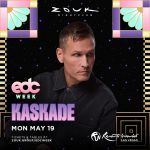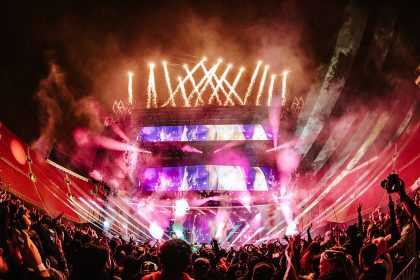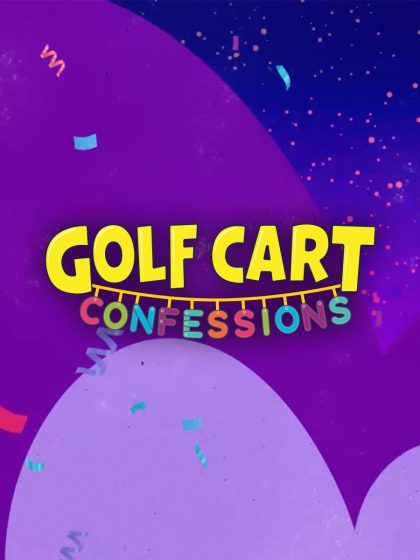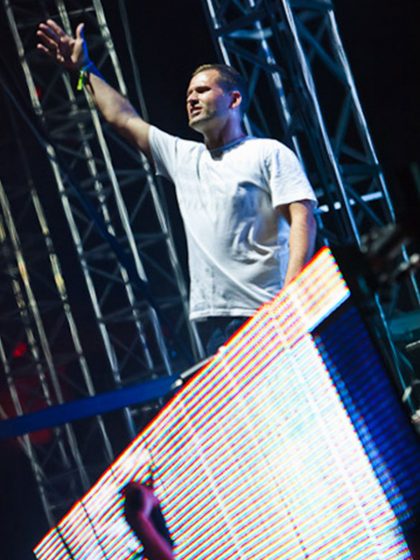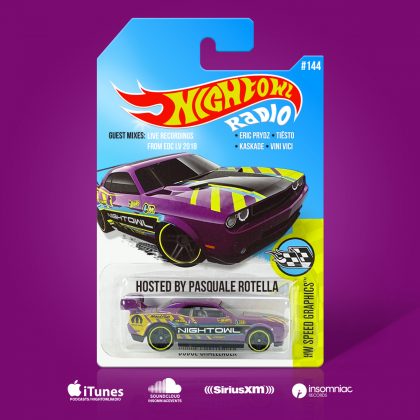Can Kaskade Get Any Bigger? He Thinks So.
Upcoming Event
While he is perhaps not the flashiest member of the upper echelon of EDM producers, Ryan Raddon, known to millions around the world as Kaskade, is surely a core member of that elite group.
If there is a word that defines Raddon’s place, it is perhaps “steady.” Throughout the past two decades, his profile has risen as he’s gained a name for himself as a club DJ, then as a producer, then as a songwriter; then as an artist who could sell out Los Angeles’ massive Staples Center (as he did in 2012); then as someone who could gracefully ride the EDM wave, incorporating visuals, pyro, fireworks, confetti and cryo to his massively produced festival sets; and then as someone who pulled one of the biggest crowds ever assembled at Coachella, as he did this past April, when an estimated 70,000 people saw him play on the festival’s mainstage.
It’s a stable trajectory that has eschewed the here-today-gone-tomorrow trendiness that so often prevails in the scene. And with the recent release of his ninth studio album, the pop-oriented Automatic, Raddon says his career is only now hitting its stride.
Here, he discusses life on planet Kaskade.
Would you say there’s a prevailing mindset on Automatic?
As I look back over the record and listen to it with some separation from it all—I finished it and took a step back, then turned it on—“We Don’t Stop” is certainly the theme. To me, it speaks to this generation and the explosion of electronic music and witnessing and participating in that during the last 20 years. It’s been just mind-boggling and truly incredible.
But also for me personally, this is my ninth record, and I’m just kind of hitting my stride. I don’t intend to stop anytime soon. That’s the theme, and I kind of hear that a lot in this record; but for me, I’m a songwriter that writes about life and love and happiness—the happy and sad times—so that always kind of comes out through my records.
Do you feel this album is an evolution? What place does it hold in the Kaskade catalog?
Life is an evolution, right? You can never stand still in the same place, no matter how much you want to freeze time or have moments reoccur. You can never control that. You continue to grow and progress as a person. For me, Automatic is just the ninth chapter in my story, and the songs reflect that. Anyone who listens to it can be like, “Yeah, Ryan’s at a different point in his life.” Lyrically and melodically, that’s there.
Sonically, that’s an interesting question, because I’m always trying new stuff and thinking outside of what’s currently going on and doing my own thing. I’ve never really referenced what’s been happening in the dance world; I’m always kind of standing outside of that and being inspired by what’s happening in it—because I’m a part of that, and I’ve been an active participant in dance music culture for a very long time. I’m sure that’s had some influence on me, but it’s always hard for me to understand how much. Where does it stop?
You mentioned that you made the songs, put the album together, let it be for a while, and then came back to it. Was there anything surprising to you that you didn’t hear the first time around?
Usually, I’m just really stoked at how good it sounds. I’m like, “Oh man, this is great.” When I’m in it and I’m creating it, I get so caught up in the minutiae of making sure like, “Is the vocal too loud? Do I have too much compression on the kick?” I get very caught up in the details of making it sound precise and how I want it to sound. But when I can just sit back months later and just listen to a new piece of music, I’m usually—and certainly in this case—very excited and happy with how it’s turned out.
Are any songs particularly personal?
Yeah, “We Don’t Stop.” I sang on that for a reason. It’s me. It’s my story of continuation. I sang for the first time on Atmosphere, on that lead single, because I was like, “There’s no one else that can do this, because it’s me; it’s my song; it’s my story. It doesn’t matter if the vocals are exactly perfect.” I kind of had that same feeling this time with “We Don’t Stop.” I was like, “You know what? This is me telling my story.” That’s always tricky, because I always feel like there’s somebody who could probably sing it better. I always write songs and then go find somebody to sing it, so it’s a different process. I’m not sure if anyone else works like this. There are only a handful of songwriters in this genre. Ultimately I always feel like there is someone who could sing this better, and trying to connect and find that person is a challenge.
That said, there are a lot of collaborators on the album, including Galantis, Estelle and John Dahlbäck. How were those artists selected, and what was your role in that process?
For a long time, it was just my friends showing me people, but then with the popularity of the music and where my career’s at and my profile, now I’ve got tons of people hitting me up left and right. I’ve been doing a bunch of press today, and I made a joke earlier that there was the album before Coachella and there’s the album after Coachella. There was that huge moment I had at Coachella where I broke the all-time crowd record… All of a sudden, everyone was ringing me up. It’s funny, because the album was essentially done before Coachella, and then I had an opportunity to work with a lot more people and hear more people singing and had a chance to go back and re-sketch and rework some things.
How else did that Coachella moment affect your overall trajectory?
There have been a handful of these moments within my career, many of them with Insomniac. We could go back to that 2009 EDC moment in the Coliseum. I don’t think anything’s ever been the same since then for me personally, or for electronic music. That was just a defining moment, and I happened to be in the right place at the right time.
I think [Coachella] was a similar type of thing. Coachella is kind of that music-lover’s music festival. The program is very diverse, and it doesn’t lean very heavily on electronic music; it’s more bands and rock ‘n’ roll and indie acts, or bands that are making a comeback like AC/DC, so even playing the mainstage was a huge honor. I was like, “Oh my gosh, the mainstage. This is cool. I’ve made it!” It was a big moment for me. I figured it was going to be big, just because dance music in Southern California—this is kind of the epicenter, and whatever we do reverberates and makes the trends for what’s happening around the world. So I knew it was going to be a big moment, and so much of my career has happened here in California, but I don’t think anything could have prepared me for that. Seeing the size of that audience and kind of having everyone empty out of all of those other tents and come to that mainstage was truly incredible.
I think a lot of the naysayers in electronic music were really quieted at that time, and it kind of stuffed it in their face for the last few of them that were kind of standing on that island. There are a few of them that were still out there like, “This is a bubble. It will burst.” I think when they saw it at Coachella, it really silenced a lot of people and changed things.
Given the massive level of success you’ve experienced, what are the goals now? How does what you do get bigger and better?
My goal is really the same as it was 20 years ago when I got started—to make and play my music for as many people as possible and share music with people, whether the crowd is 100 or 100,000. My hope is that as many people that want to hear Automatic are able to take a moment and hear it, and hopefully it affects them in a positive way. That’s really what I’m trying to do.
Where will that take me? If you had asked me that question 10 years ago, maybe I would have been like, “Maybe I can play a club in Los Angeles someday and sell it out.” If you had asked me five years ago, I might’ve said, “I want to play Staples Center and sell it out.” It just continues to grow and get bigger, the aspirations, as more people continue finding the music and enjoying it and being affected by it. It’s like, “Cool, I’ll continue to take this as far as it will go.”
 What role do you think you play in the wide realm of electronic music?
What role do you think you play in the wide realm of electronic music?
Wow, man…keeping it honest. [laughs] Ultimately, electronic music is fun, and it’s entertaining, and it speaks to a lot of people in many different wavelengths. It’s party music; it’s exercise music. I think for me it’s all of those things, but it can be more than that. It can be music that brings people together and heals people. The lyrics I write down, I hope that they touch somebody and resonate with them and inspire them and help them get through a hard time, or whatever it’s going to inspire them to do.
And that’s kind of what I’ve always set out to do, and that’s kind of been my place. When I set out to do that 10 or 15 years ago, you have to understand that dance music was largely instrumental. It’s interesting that now, it’s become this kind of crossover pop thing. It wasn’t that long ago that there weren’t any words in there. So it’s cool to see the growth and witness the change. I think for me, it’s just continuing to be myself and do what I do.
Kaskade plays San Diego’s Sleep Train Amphitheatre on Friday, October 2. Get tickets.
Follow Kaskade on Facebook | Twitter

